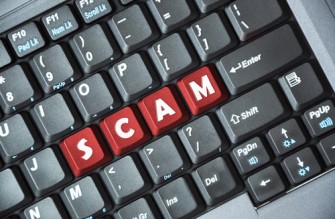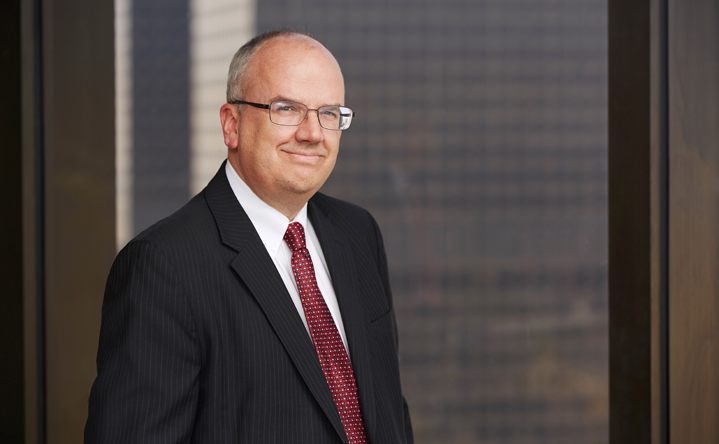How scams multiply during the COVID-19 crisis and why lawyers are not immune

Image from Shutterstock.com.
If someone you don’t know—and have no connection to—contacts you to file a lawsuit, proceed with caution. It could be one of many scams that are easier to pull off than ever before, thanks to the novel coronavirus pandemic.
“A prominent one is where they say, ‘We want to hire you for the case, we just need you to write a letter to a man.’ The other side [then] caves immediately,” says Kenneth White, a former assistant U.S. attorney in the Central District of California. The lawyer will then be asked to deposit a check for the amount the other side agrees to pay, taking 40% for himself or herself and sending the rest to the client. But the client is actually in cahoots with the other side, and the check bounces.
Most lawyers know it’s a bad idea to send money before a check clears, but these are challenging times.
 Kenneth White.
Kenneth White.
“The whole thing about a disaster is it makes you anxious and stressed, and that reduces your resistance to a scam,” adds White, a partner with Brown, White & Osborn in Los Angeles.
According to a March 16 U.S. Attorney General’s Office memo, various types of COVID-19-related rackets have been reported. They include phishing emails and groups posing as the World Health Organization or the Centers for Disease Control and Prevention. The memo also mentions individuals and businesses selling fake cures online.
“You can probably help clients by keeping your ears open. Sometimes a client will tell you about some great thing, like, ‘The coronavirus won’t be a problem because this guy is mailing me some magic beans that keep away the virus,’ ” White says. “That’s when you perk up a bit and say, ‘Hey, can you tell me a little more about this?’”
If large firms think they are immune to getting scammed, they aren’t, according to Jeffrey Cramer, a former federal prosecutor in New York and Illinois. He’s now a managing director with the Berkeley Research Group in Chicago, which provides corporate investigation services.
Shelter-in-place orders, with staff and lawyers working remotely, create more opportunities for hoaxes, Cramer adds.
.jpg) Jeffrey Cramer.
Jeffrey Cramer.
“I’ve seen large, well-known law firms get taken on fraud, with someone calling and pretending to be a vendor, or someone high up, who needs a large check to cut a deal. People can’t say there’s no way these scams would work with a large firm, because I’ve worked those cases,” he says.
The federal stimulus package, which calls for emergency aid being given to both individuals and businesses, also opens up some scamming opportunities.
“Someone could say, ‘We are calling you pursuant to the new legislation, and we need your Social Security and bank information to send you your government check.’ That would be a ripe way to get people’s information,” says Ronald S. Safer, a former assistant U.S. attorney in the Northern District of Illinois and chief of the Chicago office’s criminal division who is now a partner with Riley Safer Holmes & Cancila.
According to him, scammers are often repeat offenders. They keep lists of people they’ve conned and sell the information to other fraudsters.
“If you fall for one scam, you’re likely to fall for another,” Safer adds. “One thing you learn from being in the U.S. attorney’s office is that the gullibility of people is hard to overstate. Put in a more kind way, we have a trusting society.”
.jpg) Ronald S. Safer.
Ronald S. Safer.
Other COVID-19-related scams include fake coronavirus map apps, Forbes reports. People download the app, thinking it’s based on the popular document made with John Hopkins University data that tracks COVID-19 cases globally; instead, the app is malware-ridden, and gives cybercriminals access to people’s phone cameras, microphones and text messages.
Scammers are really good at what they do, according to White. His clients include physicians who have been conned. They tend to be very busy, which he says makes them an easy target, and they’re “trained to think they can master anything because they are so smart.”
Indeed, ego can make you an easy mark. If someone tries to convince you that they only work with elite, high-net worth individuals, including yourself, they could be pulling a fast one.
“I always say if someone travels with an entourage or wants to start out a conversation by showing you pictures of all the famous people they’ve met, keep your hand on your wallet,” White adds.



